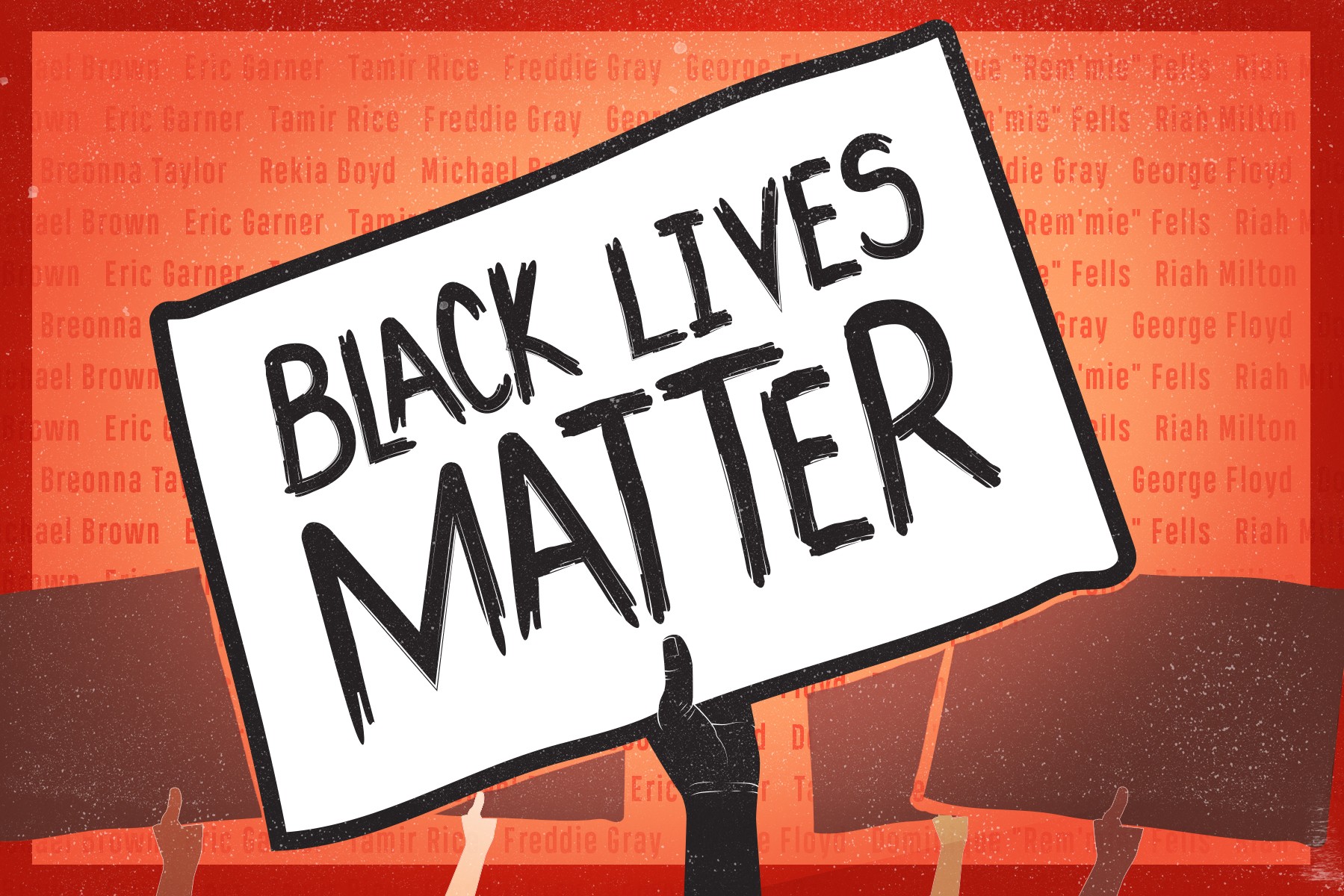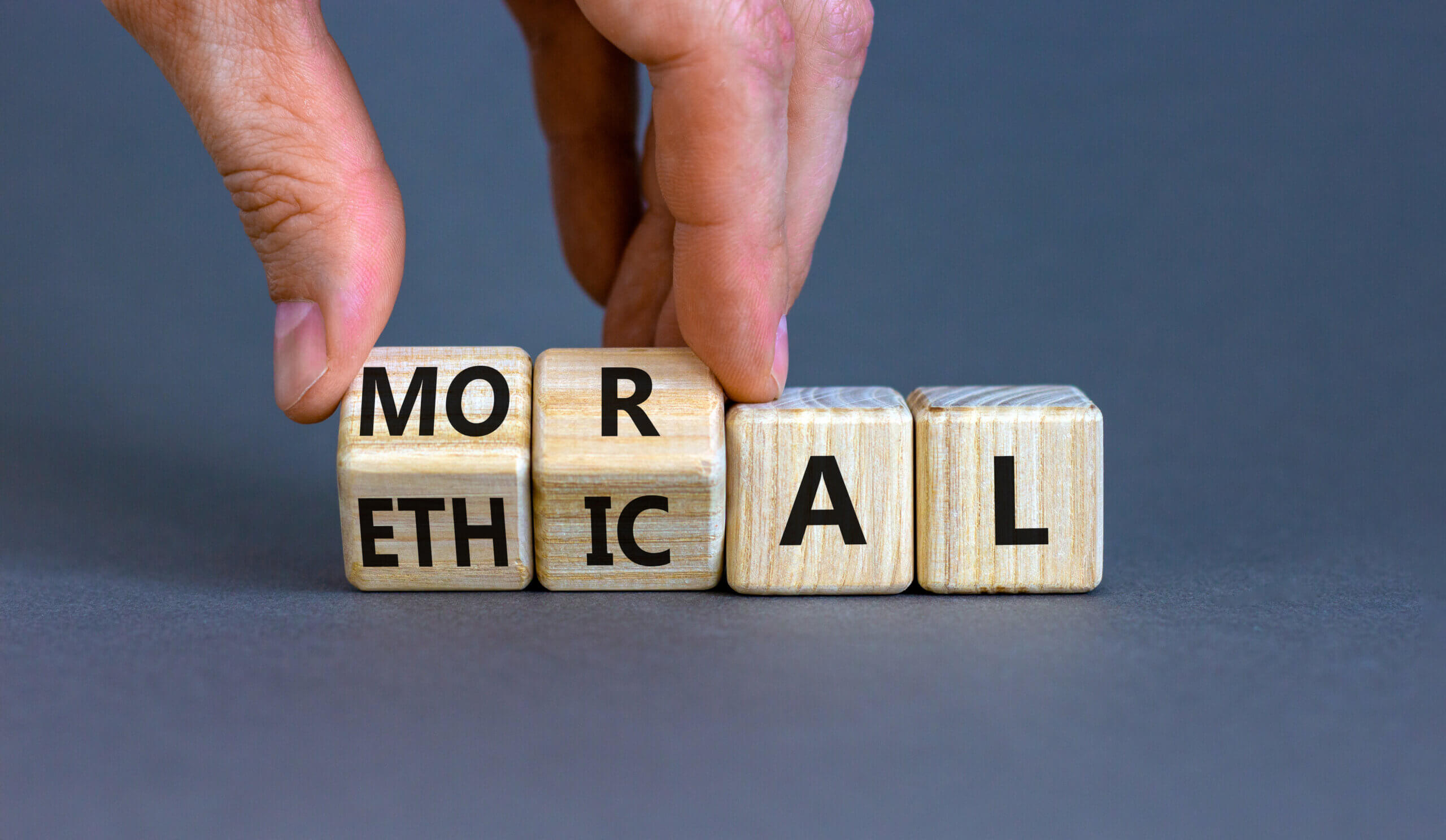In recent news, a prominent leader of a Canadian Black Lives Matter (BLM) chapter has been charged with a hate crime for allegedly obstructing access to a Catholic school. This incident has generated significant attention and raised important questions regarding the intersection of activism, freedom of speech, and religious institutions. In this article, we delve into the details surrounding this case and explore the potential implications it may have on the ongoing discourse around social justice movements and educational institutions in Canada.
The Background Story
The incident took place when the BLM chapter leader, whose identity remains undisclosed due to ongoing legal proceedings, led a protest in front of a Catholic school. The demonstration aimed to draw attention to the perceived lack of diversity and inclusivity within the school’s curriculum and policies. However, their actions allegedly crossed the line from peaceful protest to obstructing access to the institution, prompting the hate crime charges.
Examining the Legal Ramifications
Under Canadian law, hate crimes encompass a range of offenses motivated by bias, prejudice, or hatred against an individual or a specific group. If found guilty, the accused may face severe penalties, including imprisonment. In this case, the charges against the BLM chapter leader highlight the legal consequences that can arise from actions perceived as impeding access to educational institutions, regardless of the underlying intentions.
Balancing Activism and Freedom of Speech
This incident raises important questions about the delicate balance between activism and freedom of speech. While individuals have the right to express their opinions and advocate for social change, there are limits to these rights when they infringe upon the rights of others or impede public safety. The charges against the BLM chapter leader shed light on the legal boundaries of activism and serve as a reminder that the expression of ideas must be conducted within the parameters of the law.
Implications for Social Justice Movements
The intersection of social justice movements and educational institutions is a complex and multifaceted issue. While activists often strive to bring attention to systemic injustices, it is essential to consider the broader impact of their actions on the communities they seek to represent. The current case involving the BLM chapter leader serves as a stark example of the potential consequences that can arise when protests cross legal boundaries, potentially undermining the credibility and effectiveness of social justice movements.
Dialogue between Activists and Religious Institutions
This incident also highlights the need for constructive dialogue between social justice activists and religious institutions. Engaging in open and respectful conversations can foster understanding, encourage positive change, and help address the concerns raised by both parties. By finding common ground and seeking mutually beneficial solutions, activists and religious institutions can work together to create inclusive educational environments that promote diversity and social equality.
Conclusion
The charges against the Canadian BLM chapter leader for obstructing access to a Catholic school have ignited discussions on various aspects, including activism, freedom of speech, and the relationship between social justice movements and educational institutions. As the legal proceedings unfold, it remains crucial to approach these discussions with nuance and empathy, acknowledging the importance of both preserving individual rights and fostering inclusive and respectful communities. Through dialogue and understanding, we can aspire to create a society that embraces diversity while upholding the principles of justice and equality for all.










